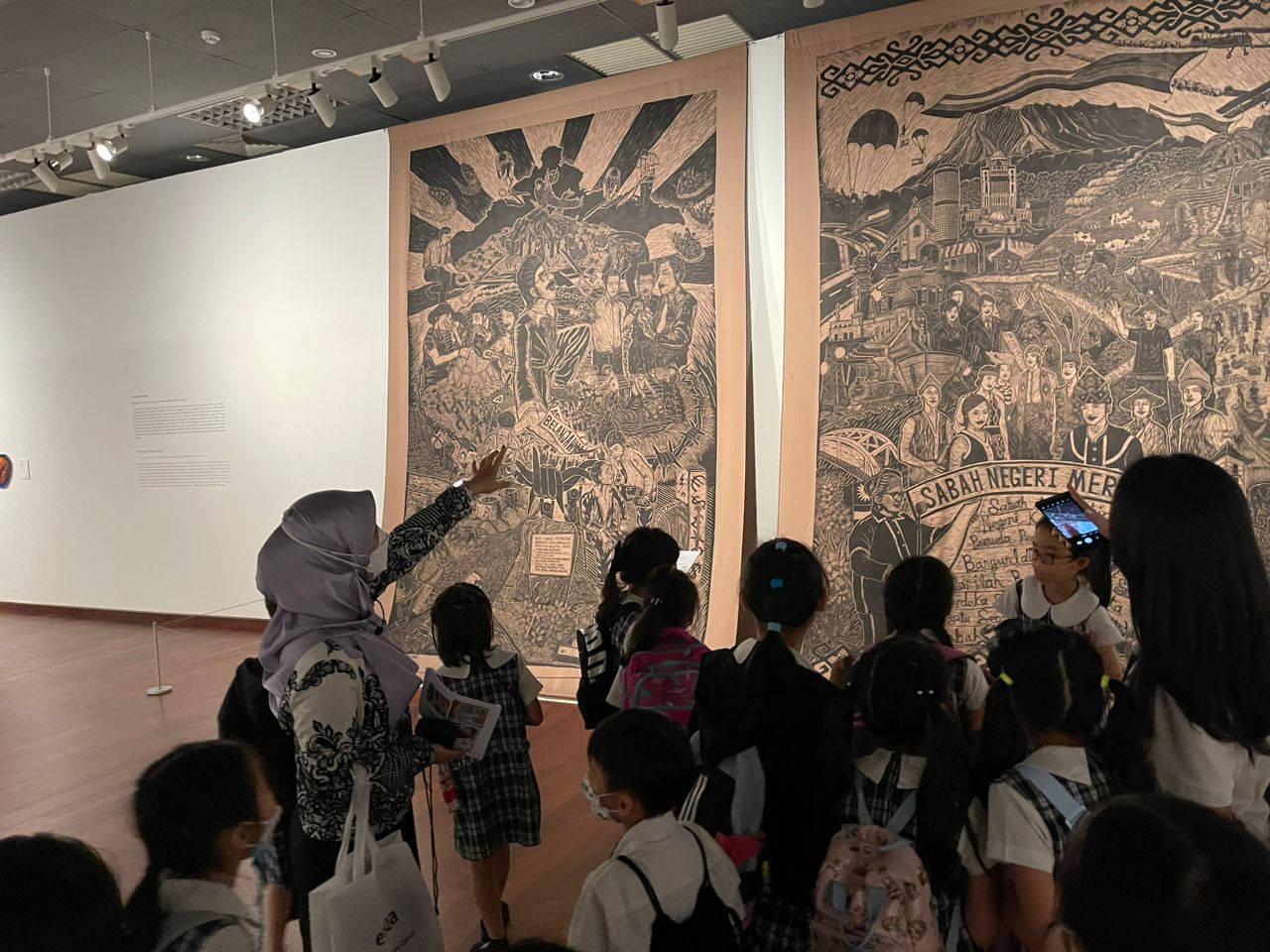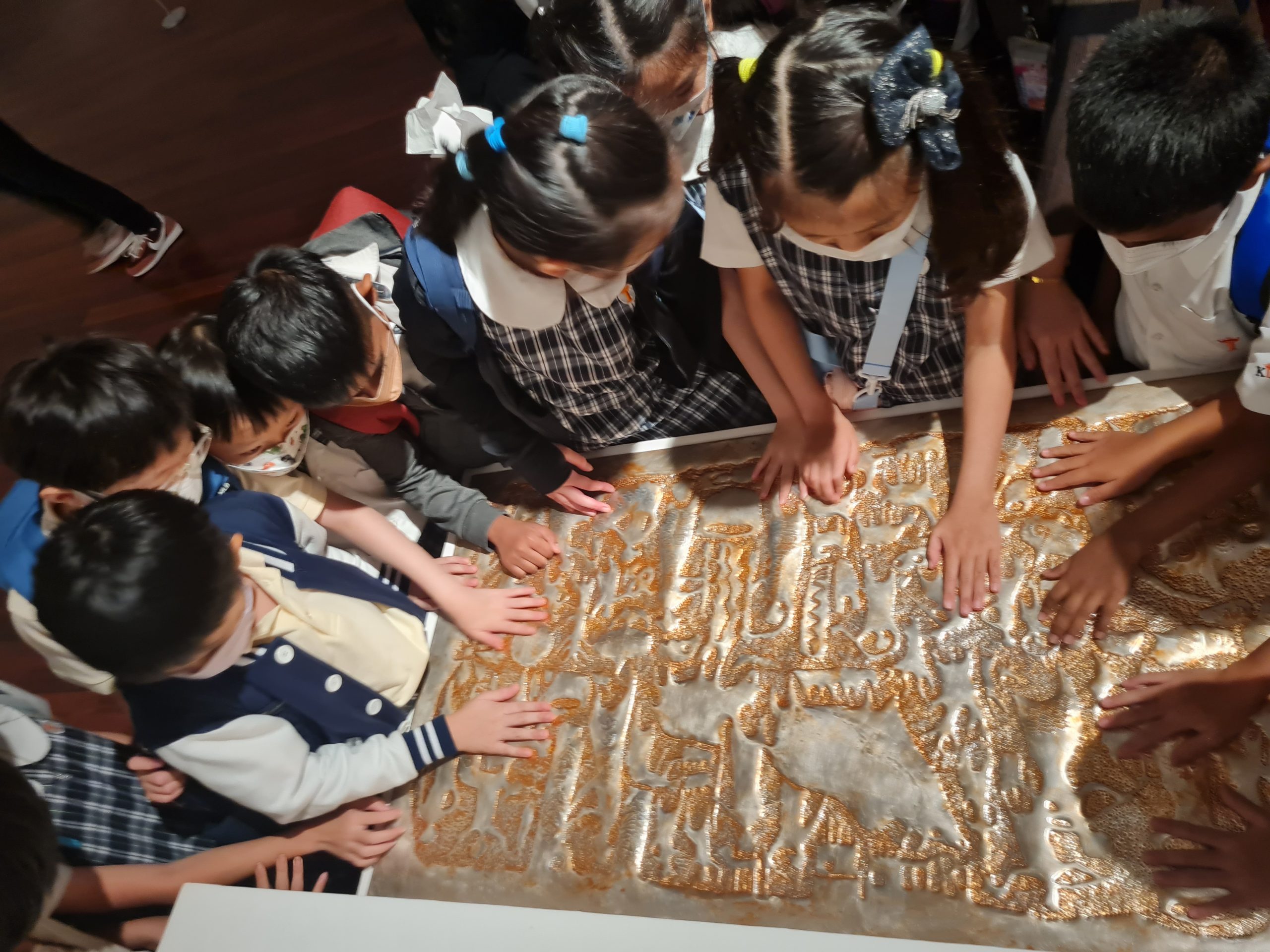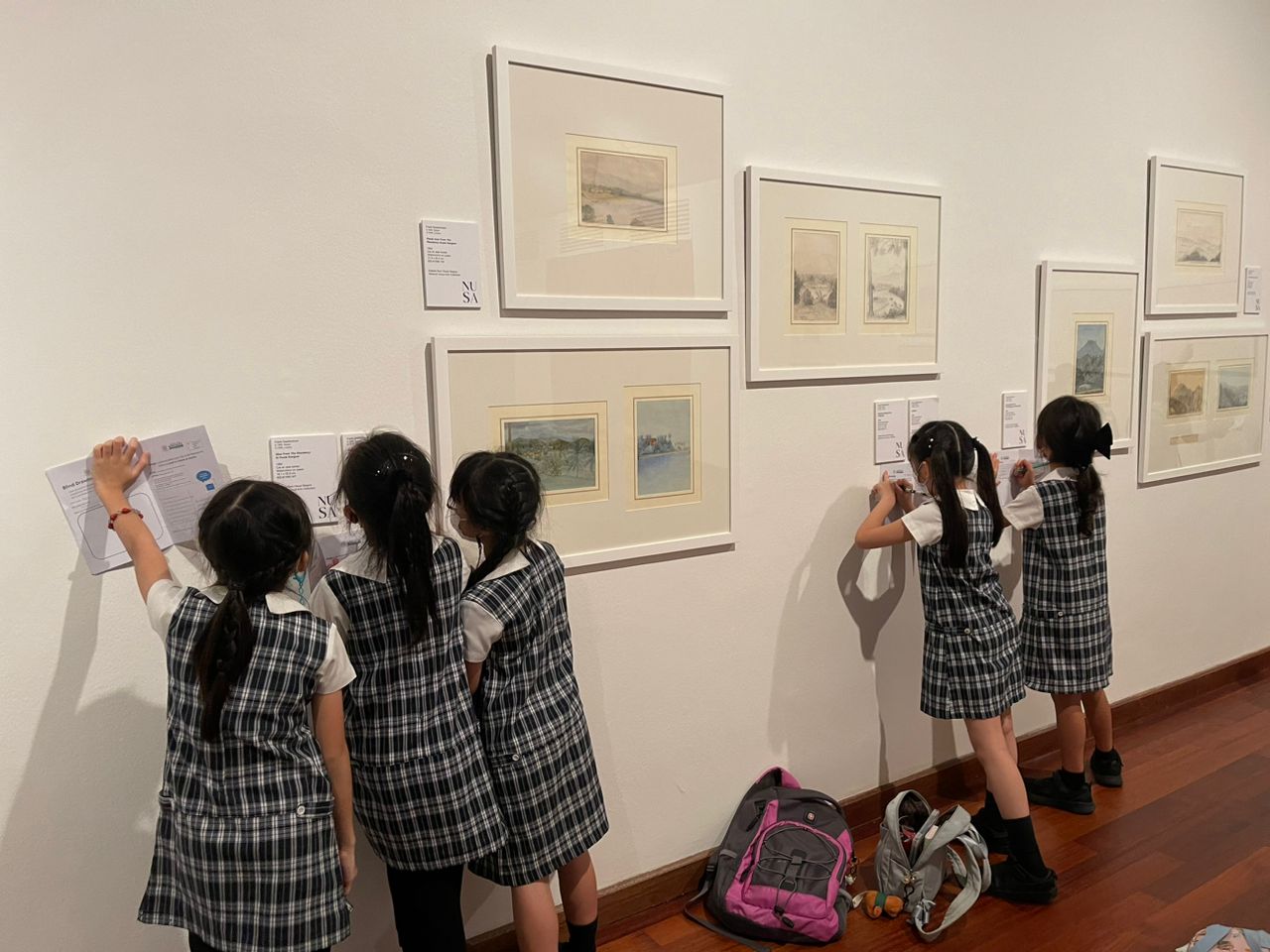“For the things we have to learn before we can do them, we learn by doing them.”
― Aristotle
Imagine reading a book about an orange that includes a picture and a description of its characteristics. You will be able to develop an opinion of the fruit’s appearance, including its size, shape, and colour.
However, if you are given an actual orange, you will be able to smell it, feel its texture, peel off the skin, and learn that it is divided into several segments.
The same principle can be applied to learning a foreign language. You will likely have a better grasp of the language if you are given an opportunity to speak with native speakers or read authentic material.
In the same way, children have a much greater opportunity to learn when they get to experience something first-hand. They need to be active and involved in their learning process for it to be effective. When we tell them about something or show them a picture of it, they are unable to fully understand the concept until they have applied it themselves.

Benefits of learning through real-world experiences
Real-world learning is a way of learning that incorporates hands-on, real-world activities into a course. These activities make information more relevant in students’ everyday lives, helping them learn better and retain knowledge longer. Here are a few benefits of learning through real-world experiences:
A better understanding of concepts
When students learn through real-world applications, their natural curiosity is engaged. This motivates them to learn more about the subject matter because it is relevant to their lives. In addition, they are also able to retain information easily because they are able to connect concepts to real-world uses and applications.
Opportunity for self-reflection
Students who learn concepts through practical application are able to better comprehend the material. They are able to see how the idea could be used in different situations and how it could impact them as a person. This also allows them to understand why the information is essential and how it relates to other areas of their life.
Develops creative problem-solving skills
Students who participate in hands-on learning activities that involve real-world problems develop a more critical and creative mindset as it allows for more experimentation and exploration on the part of the student.
As students step off-campus to explore problems in real-world situations, they learn to empathize, look at things from new perspectives and discover potential solutions which wouldn’t be possible through academic exploration.
Opportunity to learn through mistakes
Real-world projects allow students to experience failure in a safe environment by designing problems that challenge them to reach beyond their grasp, encouraging them to stretch their knowledge and try new strategies.
Students who have been placed in situations where they have the freedom to fail as part of their school experience are more likely to try new things and develop the agility that our fast-paced world requires.
Boost in social learning and collaboration
When students step outside of the classroom for projects, they get an opportunity to collaborate with each other, address each other’s needs and build relationships as they learn to work together on shared goals. As a result, they learn to resolve their conflicts and make better strategies for the future.

Learning Journeys at MLKIS
At Maple Leaf Kingsley International School, students are encouraged to explore their interests by engaging with real people and communities as exposure to diverse and complex perspectives on the world.
Our programme Learning Journeys is a series of educational experiences for primary and secondary students that enrich their academic learning with hands-on exploration and allows them to tackle real issues in the places they visit.
Primary school students go on day trips, while secondary school students participate in annual overnight camps. MLKIS also offers Year 8 and 9 students the opportunity to participate in Overseas Exchange programmes with partner schools.
These programmes offer students the chance to immerse themselves in new cultures and gain personal insight into life in a wider world beyond their home countries.

At Kingsley, we believe in a holistic curriculum that encourages learning and development both inside and outside the classroom. Hence, we invest in our students by providing a wide range of clubs and societies, from Taekwondo to Robotics. Our enrichment activities challenge students to explore their potential, build confidence and gain the skills they need for their future.
We are the only school in Malaysia that offers horse riding as an extracurricular activity. The hiking trail of Kingsley Hill has seen many footprints walk up its majestic path, with extra safety and security features installed by the school. Students often visit with their teachers or wardens to enjoy this popular activity.
Kingsley is a place where children can learn, grow, and express their creativity without fear of making mistakes. Our goal is to create a nurturing learning environment where children are free to explore their full potential.
At Kingsley, we focus on more than good grades. We want our students to develop into well-rounded individuals who go on to excel in all areas of their life.













